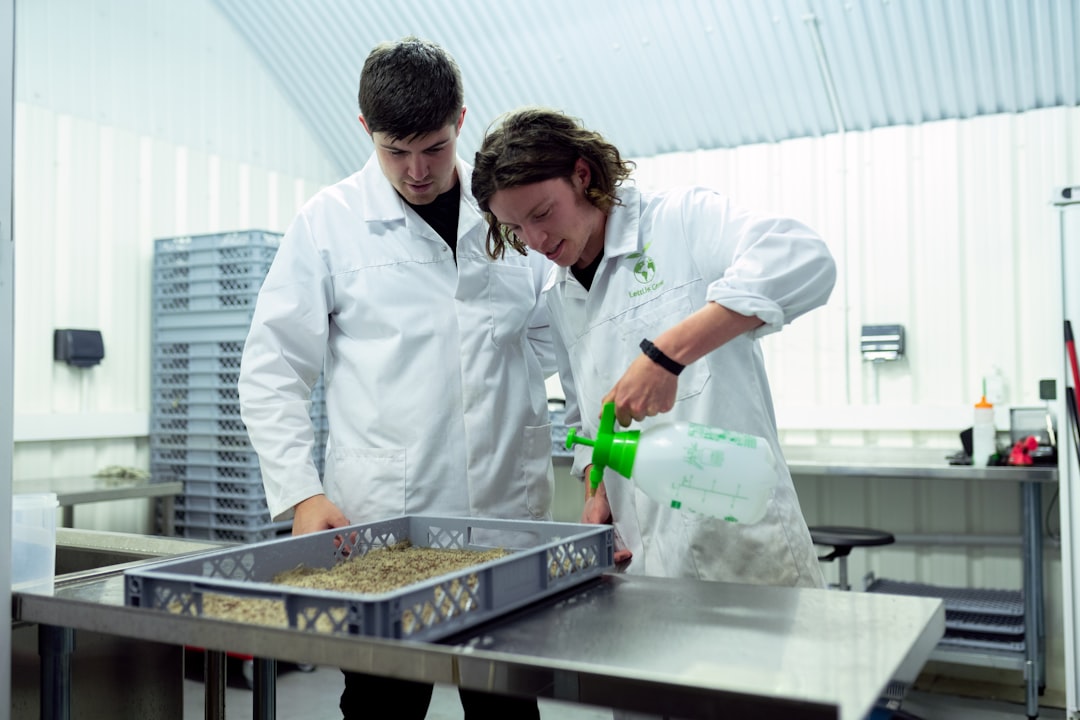What is it about?
This paper focuses on eco-communes as sites of resistance and political activism. Based on a post-structuralist narrative analysis of interview materials, this paper elaborates on the ways in which life in an eco-commune is narrated and represented as an identity project with a mission to bring about social change. The study shows how members of an eco-commune work on their identity as eco-communards by discursively problematizing their personal relation to themselves (self) and to others (spouse and family), as well as by constructing new forms of subjectivity, intimacy, and relatedness through communal life.
Featured Image
Why is it important?
The paper empirically elaborates Foucauldian ideas of political struggle as ‘politics of self’ and moral agency as a mode of self-formation (Foucault 1983, 1985, 1988), and Judith Butler’s (1990) ideas of resistance as ‘subversive repetition.’ The study contributes to the sociological literature on political resistance and environmentalism by theoretically elaborating and empirically illustrating the micro practices of power and resistance through which individual members of the environmental movement may pursue their political agenda.
Read the Original
This page is a summary of: NARRATIVES OF SELF AND RELATEDNESS IN ECO-COMMUNES, European Societies, July 2009, Taylor & Francis,
DOI: 10.1080/14616690902764757.
You can read the full text:
Contributors
The following have contributed to this page










